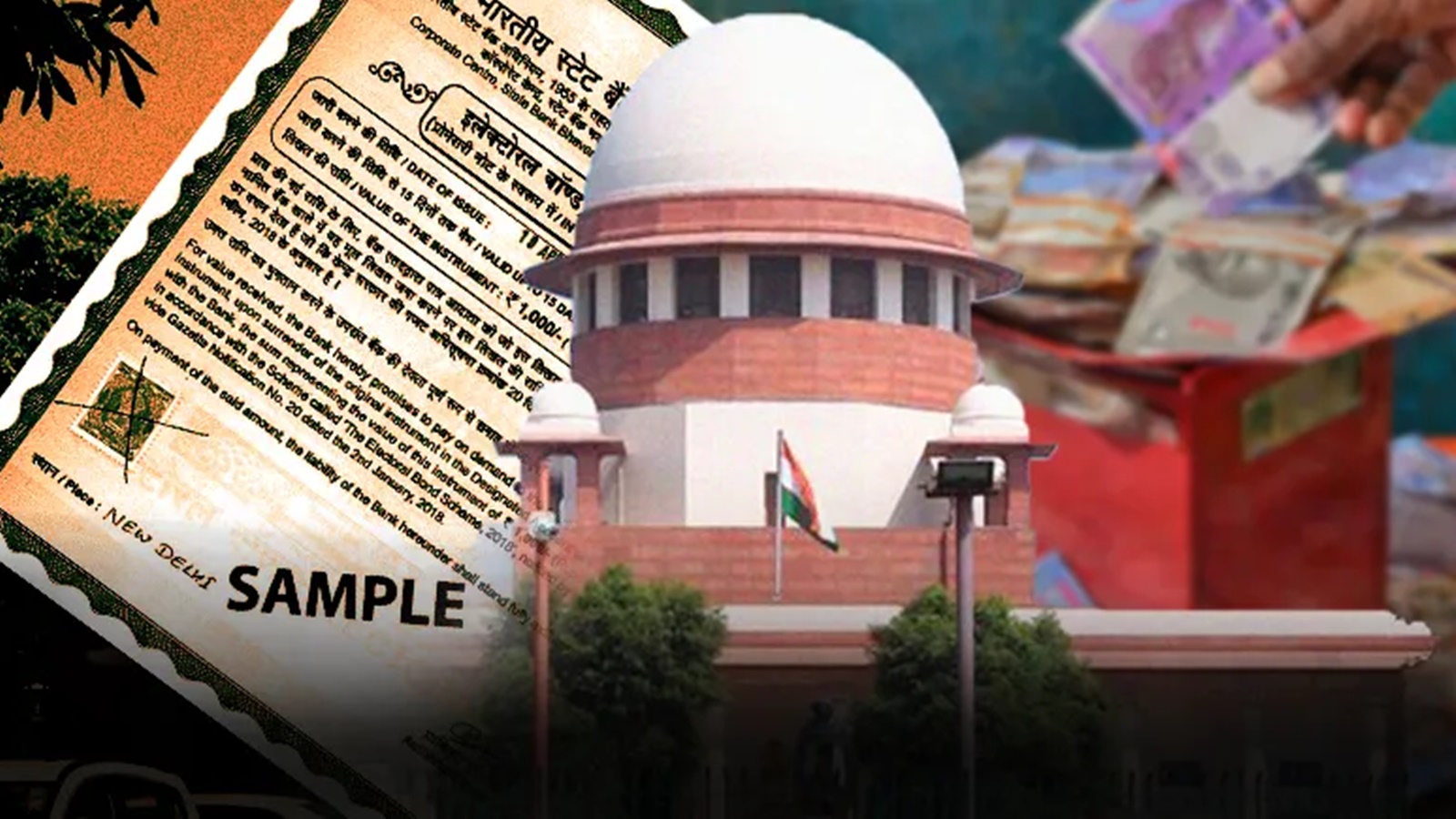Following the Supreme Court of India’s directive, the State Bank of India has finally released the last batch of data concerning electoral financing through electoral bonds. This release marks a significant milestone in shedding light on what was once a murky route of political funding. However, the process was not without hurdles, as the SBI initially hesitated to disclose crucial information, prompting intervention from the Court.
The data released by the SBI, coupled with information on bond purchasers and political parties, paints a revealing picture of electoral financing practices. Contrary to arguments for maintaining opacity in electoral bonds, the data shows a clear correlation between significant donations to certain political parties and subsequent favors granted to bond purchasers, such as lucrative infrastructure contracts.
Of particular concern is the overwhelming support received by the ruling Bharatiya Janata Party (BJP) from the top 19 firms in terms of donation size. This trend, spanning from mid-2019 to February 2024, raises questions about the impartiality of the electoral bond scheme and its potential exploitation for political gains. Moreover, discrepancies such as bonds being encashed even after their expiry date further highlight the need for transparency and accountability in political financing.
The prevalence of such practices underscores the urgency for civil society to educate the electorate and demand reforms in campaign and party financing. By raising awareness about the skewed nature of donations and advocating for systemic changes, civil society can play a crucial role in restoring integrity to the electoral process.
In essence, the release of electoral financing data marks a critical first step towards addressing systemic flaws in political funding. It is imperative for stakeholders to seize this opportunity to push for meaningful reforms that uphold democratic principles and ensure fair and transparent elections in the future.






